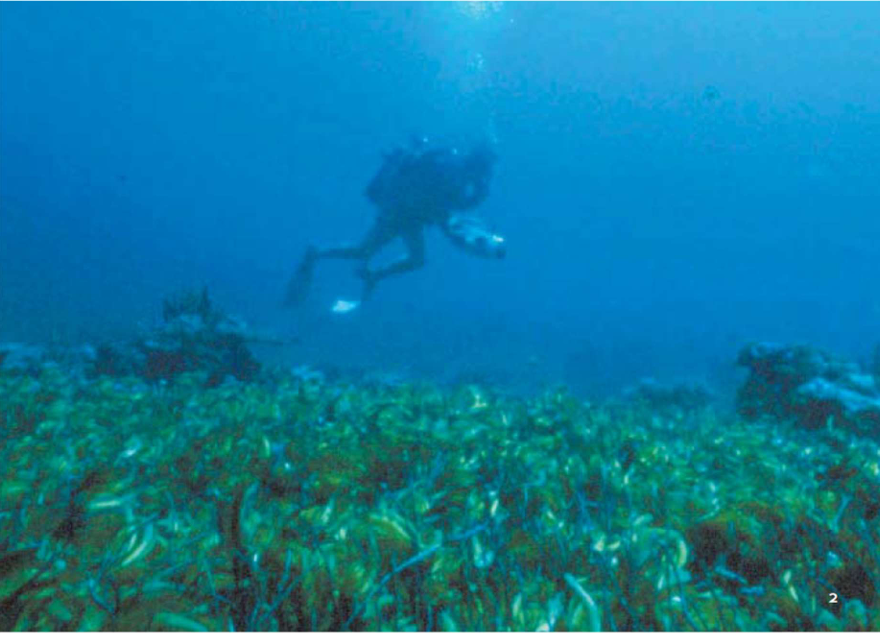Search This Blog
money saving tips for canadians, best saving tips for canadians of all ages. MoneySavings and Canadian news, financial news
Featured
article
- Get link
- X
- Other Apps
Preserving the Priceless: Regulation Needed for the Saya de Malha Bank

The Saya de Malha Bank, located in the Indian Ocean, is one of the largest submerged banks in the world, teeming with life and mystery. This underwater paradise is home to an extraordinary array of marine biodiversity, including delicate coral formations, schools of vibrant fish, and even endangered species. Its expansive seagrass beds play a critical role in combating climate change, acting as a carbon sink that absorbs and stores vast amounts of CO2.
Despite its ecological significance, the Saya de Malha Bank remains largely unprotected, facing threats from overfishing, climate change, and unregulated activities. The absence of clear governance and conservation policies leaves this rich marine environment vulnerable to degradation. Experts emphasize the urgent need for international cooperation to establish regulations that preserve this underwater wonder. Protecting the Saya de Malha Bank is not only vital for marine ecosystems but also for the health of our planet as a whole.
Without swift action, we risk losing this unique haven of biodiversity. The call for regulation is not just a matter of ecological preservation—it's a responsibility to future generations who deserve to inherit a thriving, balanced ocean.
Popular Posts
Stock Market Today: Apple Earnings Boost Spirits Amid Soft Jobs Report
- Get link
- X
- Other Apps
Stock Market Today: Nasdaq Surges and GameStop Skyrockets
- Get link
- X
- Other Apps


Comments
Post a Comment